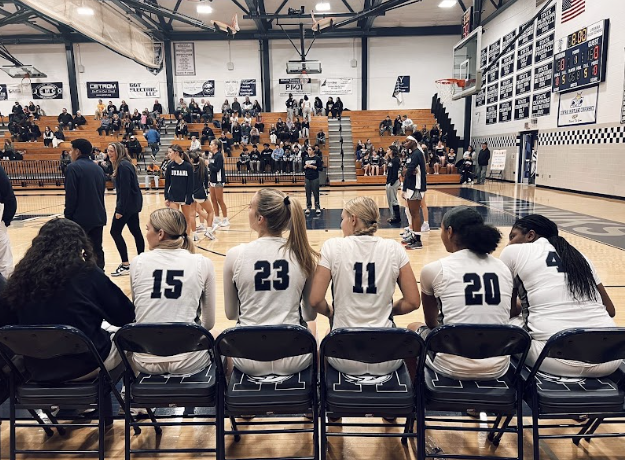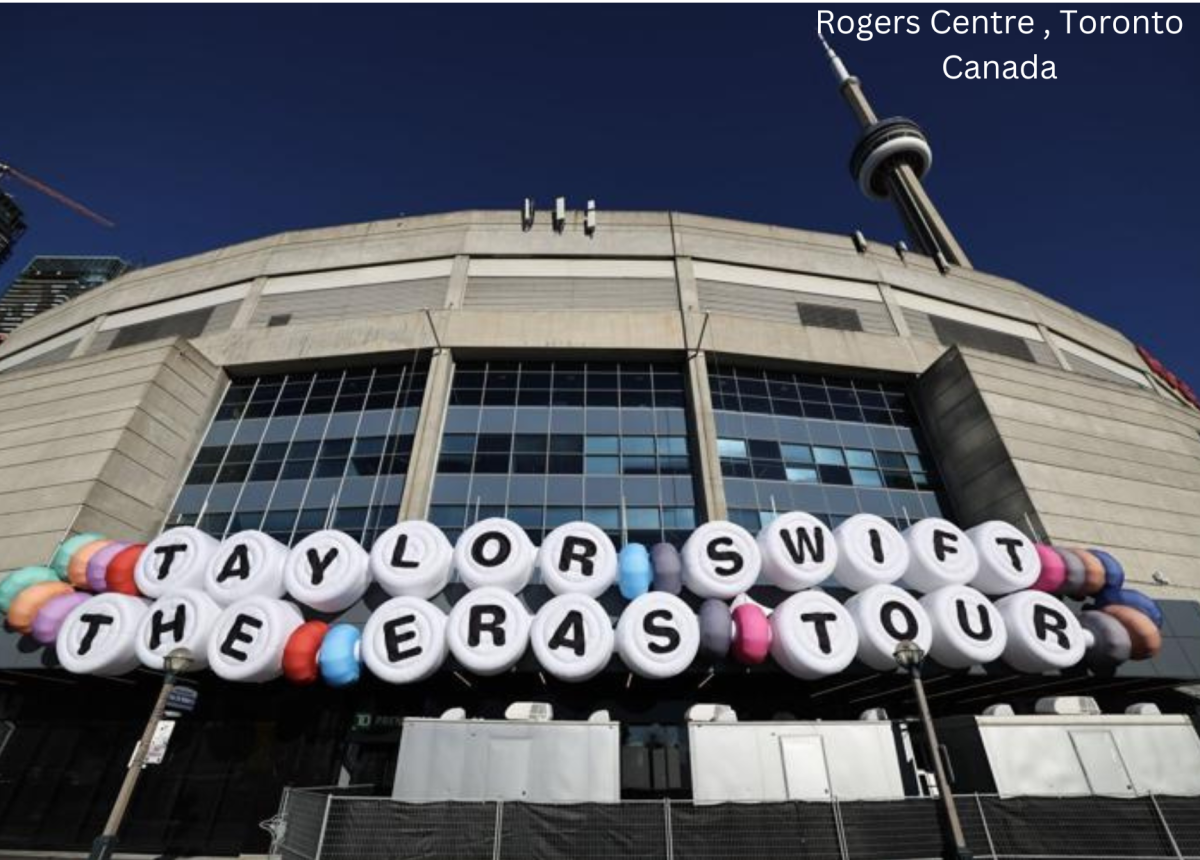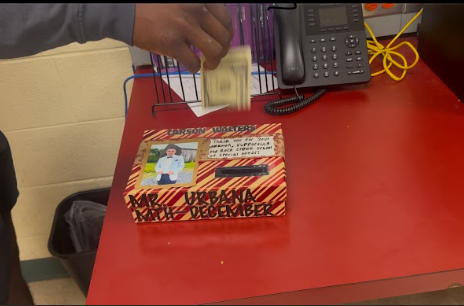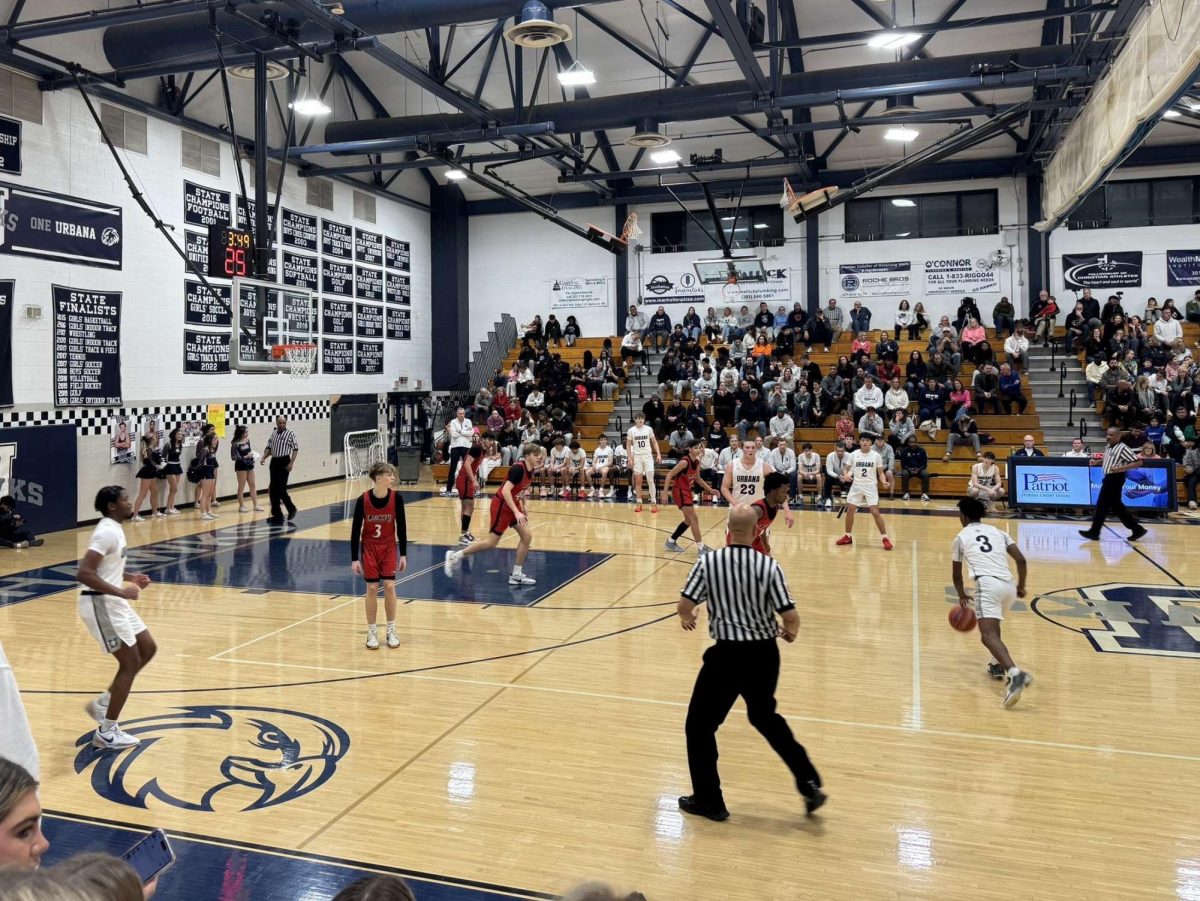The Lies Of Ryan Lochte
October 13, 2016
Against all odds, the 2016 Rio Olympics concluded as an overall success, with the closing ceremony taking place the night before our first day of school. Team USA performed excellently, bringing home one hundred twenty one medals, forty six of which were gold, propelling the United States past the 1000 gold medal mark. Sadly, in the eyes of many people around the world, these games will not be characterized by the remarkable performances of the athletes, but rather, they will be characterized by the imprudent actions of a small group.
August 14, 2016: First details emerge shortly after 9am, Ryan Lochte reports that he and three other team USA swimmers (Gunnar Bentz, Jack Conger, and Jimmy Feigen) had been mugged at gunpoint by several men claiming to be police officers.
August 16, 2016: Lochte flies home in the morning while Brazilian authorities struggle to corroborate Lochte’s story.
August 17, 2016: Serious doubts about the mugging story emerge, Brazilian judge orders seizure of Lochte and Feigen’s passports. Lochte, however, is already back in the United States. Jack Conger and Gunnar Bentz are barred from boarding flight home by police. Matt Lauer from NBC interviews Lochte, who changes details about the story.
August 18, 2016: Rio authorities report that US swimmers (Lochte, Bentz, Feigen and Conger) vandalized a gas station bathroom and subsequently had an altercation with a security guard. Shortly after, CCTV footage confirming this surfaces.
August 19, 2016: Details emerge that Feigen will pay $11,000 to Brazilian charity before being permitted to leave. Lochte releases twitter statement apologizing for not being “candid” with information.
August 20, 2016: Lochte interviewed by Matt Lauer, confesses that he “over exaggerated that story”
Despite the fact that he was not alone, Lochte has taken the bulk of the criticism for the false robbery story. Sponsors Ralph Lauren and Speedo have both announced that they are ending their relationships with Lochte, the latter making a $50,000 donation to a Brazilian charity.
This fiasco takes on greater significance when one considers the politics involved. It is no secret that Brazil had experienced numerous setbacks and dealt with widespread criticism about whether Rio could host the games without the whole thing turning into a disaster. Considering this backdrop, to many it seems like Lochte and the other swimmers simply took advantage of Rio’s notoriety for petty crime to cover up their own mistakes.
In addition, the Olympics is a high profile, international event and team USA athletes represent our country to the rest of the world. When the people who are representing us make brainless decisions like these, the bad image and attention associated with them is applied to the United States as a whole. In a world of increasingly difficult and complicated politics, images can play a crucial role; we would do well to avoid tarnishing ours with witless schemes to cover up a night of drunken foolishness.



































